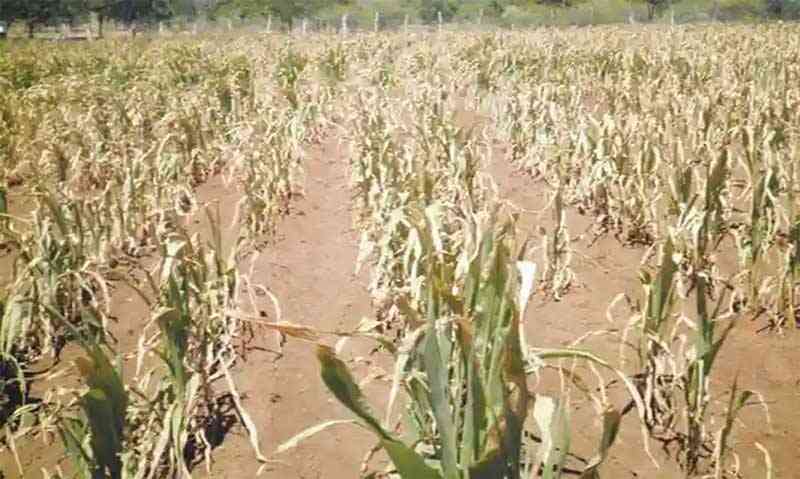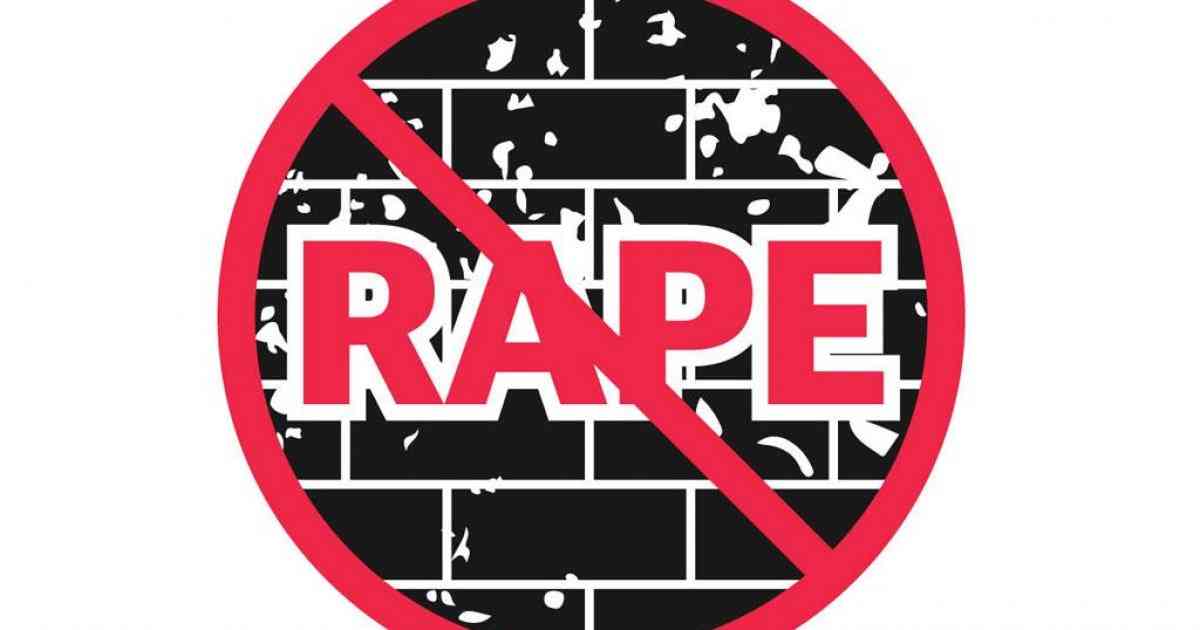
VILLAGERS in Bulilima, Matabeleland South province, are living in fear of wild animals that continue to storm their villages in search of food and water.
The El Niño-induced drought is said to have worsened the situation as water sources have dried up, forcing the animals to invade villages.
Reports indicate that a number of villagers have lost livestock to the wild animals in recent months.
Bulilima Rural District Council chief executive officer Billiart Mlauzi said the local authority was making efforts to fence off the park and prevent wild animals from invading the villages.
“Particularly on fencing, nothing has been done, but it’s on our plans. We have plans that were set up so that the Bhambadzi area, which is infested with wild animals, can be fenced off,” he said.
Mlauzi said they had put in place measures to protect schoolchildren from being attacked by wild animals.
“Measures are there to protect children. We have a safari operator on the ground,” he said.
In April this year, a report revealed that resource constraints are hampering the Parks and Wildlife Management Authority’s efforts to reduce human-wildlife conflicts.
- Irrigation panacea to droughts: Haritatos
- 60% of Zim has never known electricity
- Hunger stalks Chiredzi villagers
- Hunger stalks Chiredzi villagers
Keep Reading
It emerged that the Parks Authority has inadequate vehicles and few rangers to deal with stray wildlife encroaching onto human settlements damaging infrastructure, killing people and domestic animals.
According to the Parks Authority, 300 people were killed by wild animals from 2019 to date.
In May, Environment, Climate and Wildlife minister Sithembiso Nyoni told Parliament that government was in the process of establishing a human-wildlife conflict relief fund.
Nyoni, however, said there would be no compensation for dead victims.
The Parks Authority has been struggling to compensate victims of wildlife attacks despite the government having approved a Human-Wildlife Conflict Relief Fund to compensate victims of human-wildlife conflicts in 2022.









